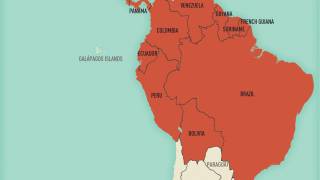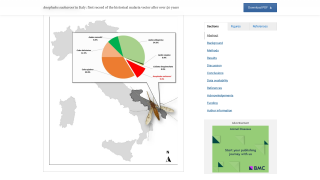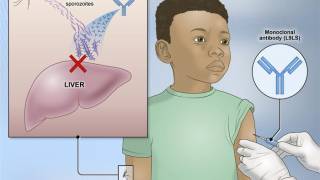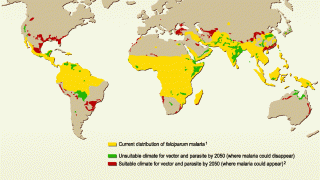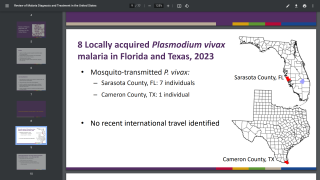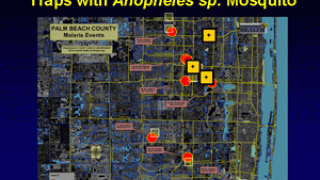Costa Rica Issues Malaria Outbreak Alert

The Ministry of Health in Costa Rica (MHCR) issued a sanitary alert for malaria based upon 21 imported cases during 2018.
The MHRC was motivated to issue this alert since 10 malaria cases from Nicaragua, Panama, South America and Africa were reported during the first week of June, reported by the Costa Rica Star.
The majority of these malaria cases are located in the Northern zone, particularly Los Chiles, Pital and Santa Rosa de Pocosol. Costa Rica health authorities said they will increase the controls, surveillance and fast diagnosis in high-risk areas.
Tropical countries, such as Costa Rica and Venezuela, are areas where the mosquito Anopheles albimanus, a leading malaria vector, finds the perfect conditions to reproduce. These mosquitoes thrive in areas under 600 meters above sea level.
This 2018 outbreak compares with just 17 malaria cases (5 imported) for all of 2017.
In 2015, the World Health Organization (WHO) declared Costa Rica as one of the 21 nations with expectations to eradicate malaria by 2020.
Costa Rica has maintained the efforts to eradicate malaria from the country and in this way, help reach the goal of the Global Fund’s Mesoamerica and Hispaniola Initiative that seeks to eradicate malaria in the region by 2020.
This new MHCR alert contrasts with the May 2018 action by the US Centers for Disease Control and Prevention (CDC) action to remove its malaria Travel Alert for Costa Rica.
In 2016 an estimated 216 million cases of malaria occurred worldwide and 445,000 people died, mostly children in the African Region.
Venezuela, a regional neighbor of Costa Rica, is currently the leader in the Americas with 406,000 cases reported in 2017.
About 1,700 cases of malaria are diagnosed in the United States each year.
The vast majority of cases in the United States are in travelers and immigrants returning from countries where malaria transmission occurs, many from sub-Saharan Africa and South Asia, says the CDC.
People with malaria often experience fever, chills, and flu-like illness. Left untreated, they may develop severe complications and die, reports the CDC.
The malaria parasite is a complex organism with the ability to evade your immune system by constantly changing its surface, so developing a vaccine against these varying surfaces is very difficult.
In addition, scientists do not yet totally understand the complex immune responses that protect humans against malaria.
But, there are 7 malaria vaccine candidates in various stages of clinical testing.
Our Trust Standards: Medical Advisory Committee













